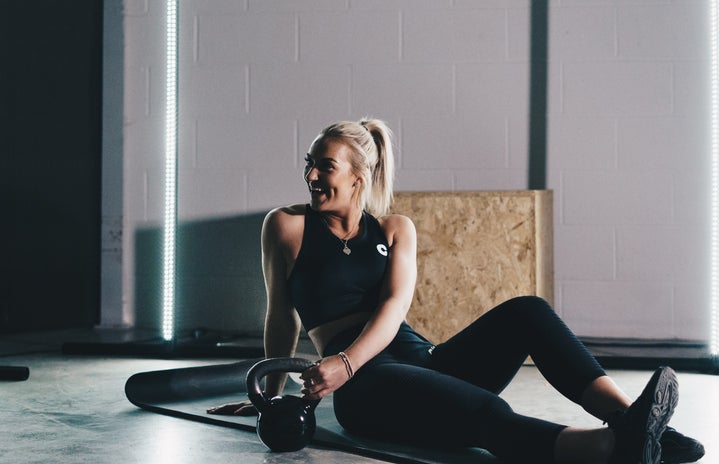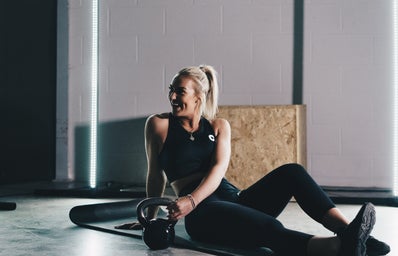Mirror mirror in the gym, why don’t I feel good even though I look slim?
It can be difficult to look at yourself in the mirror and not be happy with what you see.
If you are in the middle of your fitness journey, it can be debilitating and unmotivating to see no change or a change that you didn’t want. But this is when you need to realise that appearance orientated goals are not the right mindset to be in when it comes to maintaining a consistent fitness routine.
It’s important to remember that living a fit and healthy lifestyle has nothing to do with how you look, or how you perceive yourself. Your fitness goals and routines should be centred around what makes you feel strong and confident in your own skin. By maintaining a consistent fitness routine, you can positively impact both your physical and mental health, as well as improve your overall quality of life
Physical fitness is a broad term that means something different to everyone. Generally, the term fitness refers to your own optimal health and overall well-being defined by your ability to execute normal everyday activities.
Being physically fit has a direct impact on multiple aspects of your health and wellbeing. In terms of your physical health, maintaining a good level of fitness can positively impact your cardiorespiratory health as well as your muscular strength and mobility. By engaging in exercises that target these forms of fitness, you can improve your overall endurance, but also improve your daily life. Strengthening every aspect of your body makes completing everyday tasks easier, making you feel better, and more confident within your own body.
Exercise isn’t only for your muscles, it also strengthens your immune system. The increased blood circulation from exercise causes an increase in white blood cell production and improves lymph node drainage. This combination is the key to an improved immune system. By strengthening your immune system, you feel healthier and stronger as a result of a consistent fitness routine.
It is not only your physical health that is affected by your fitness routines but also your mental health. As little as 15 minutes of exercise has been shown to alleviate symptoms of stress and anxiety, providing a calmness that lasts hours. Exercising throughout the day also helps to balance out the body’s cortisol levels, a stress hormone that helps to improve your sleeping patterns. By lessening feelings of anxiety and helping you to be well-rested, exercise once again can help you to feel better within your body in everyday life.
Everyone’s bodies are different and everyone’s fitness goals will be different as well. It’s important to remember to focus on what makes you feel good, not what you think will make you look good. Our self-worth is directly tied to our energy levels, our feelings of competence and our perceived attractiveness. And nothing is more gorgeous than the self-assurance that comes from feeling good in your own skin.


